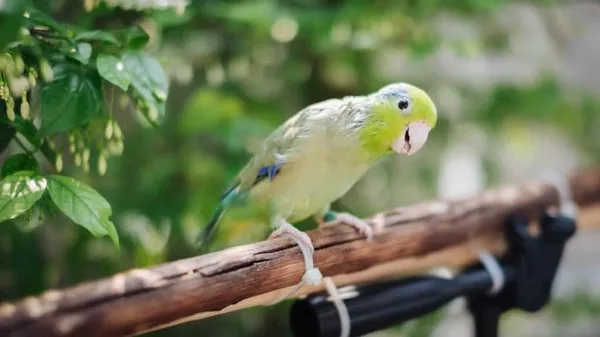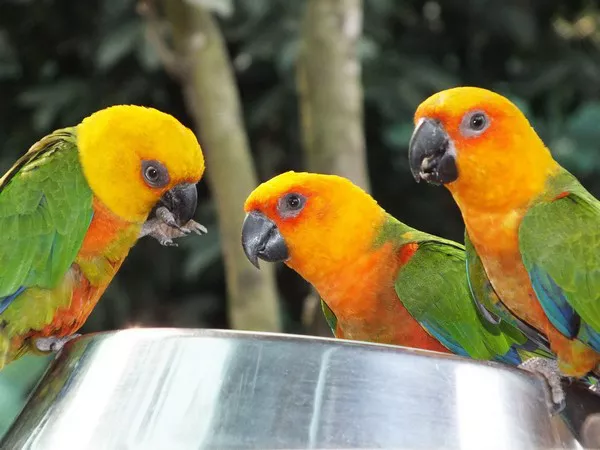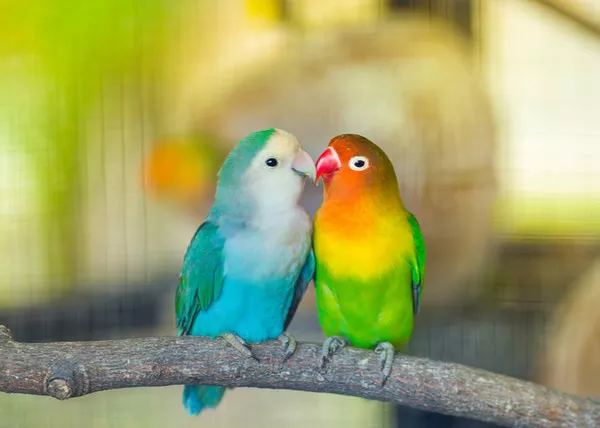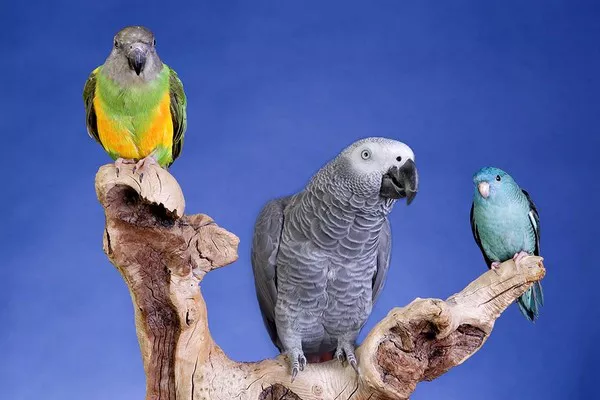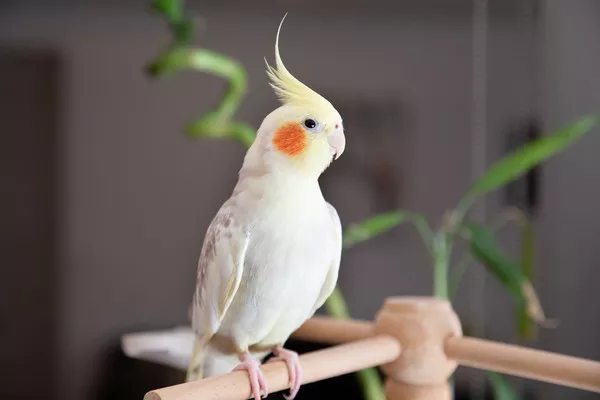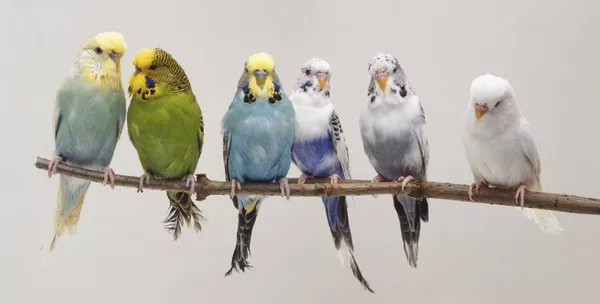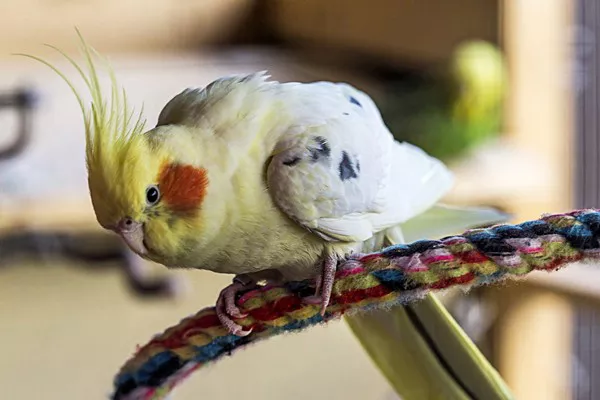Proper nutrition is essential for the health and well-being of your African Grey parrot. As intelligent and inquisitive birds, African Greys require a balanced and diverse diet to meet their nutritional needs. In this article, we will explore the dietary requirements of African Grey parrots, offering valuable insights and practical advice on what to feed these remarkable avian companions.
Understanding the Nutritional Needs of African Grey Parrots
African Grey parrots require a varied and nutrient-rich diet to thrive. Their diet should consist of a careful balance of the following components:
- High-Quality Pellets: Pelleted diets specifically formulated for African Grey parrots are a convenient and reliable source of essential nutrients. Look for reputable brands that offer balanced formulations without artificial additives. Pellets should make up the foundation of your parrot’s diet, comprising around 60-70% of their daily intake.
- Fresh Fruits and Vegetables: African Greys should be offered a diverse selection of fresh fruits and vegetables. Incorporate a range of colors and textures, including leafy greens like kale and spinach, orange vegetables like carrots and sweet potatoes, and fruits such as apples, berries, and oranges. Aim for about 20-25% of their daily diet to consist of fresh produce.
- Healthy Fats: African Greys benefit from the inclusion of healthy fats in their diet. Provide small amounts of foods rich in omega-3 fatty acids, such as walnuts, flaxseeds, and chia seeds. These fats support their skin, feathers, and overall health. However, moderation is key, as excessive fat intake can lead to obesity.
- Legumes, Grains, and Seeds: Legumes, grains, and seeds can be offered in moderation as a source of protein and carbohydrates. Lentils, quinoa, brown rice, and sprouted seeds like mung beans are excellent choices. These foods should constitute about 5-10% of their daily intake.
- Limited Treats: Treats should be reserved for occasional rewards and should not exceed 5% of your African Grey’s diet. Offer healthy treats such as unsalted nuts (in small quantities), whole grains, or dried fruits. Avoid foods high in sugar, salt, and unhealthy additives.
Important Considerations
- Fresh Water: Clean, fresh water should always be available for your African Grey parrot. Change the water daily to ensure it remains clean and uncontaminated.
- Calcium and Vitamin D3: African Greys require sufficient calcium for healthy bones and beak structure. Offer calcium-rich foods like dark leafy greens, broccoli, and fortified pellets. Additionally, exposure to natural sunlight or providing a full-spectrum UVB light source allows the bird to synthesize vitamin D3, which aids in calcium absorption.
- Avoid Toxic Foods: Certain foods are toxic to birds and should never be offered. These include chocolate, avocado, caffeine, alcohol, onions, garlic, and foods high in salt and sugar. Always research potential hazards before introducing new foods into your African Grey’s diet.
- Environmental Enrichment: In addition to a nutritious diet, African Greys require mental stimulation and enrichment. Provide foraging toys, puzzle feeders, and opportunities for social interaction to keep them mentally and physically engaged.
Monitoring Your Parrot’s Health
Regularly monitoring your African Grey’s health is essential. Look for signs of malnutrition or deficiency, such as weight loss, changes in feather quality, loss of appetite, or lethargy. Consult with an avian veterinarian if you notice any concerning symptoms or have questions regarding your parrot‘s diet.
Conclusion
Providing a well-balanced and diverse diet is crucial for the overall health and happiness of your African Grey parrot. A combination of high-quality pellets, fresh fruits and vegetables, healthy fats, legumes, grains, and limited treats ensures that your parrot receives the necessary nutrients for optimal well-being. Remember to prioritize fresh water, monitor calcium intake, avoid toxic foods, and offer mental stimulation through environmental enrichment. By following these guidelines and seeking advice from avian professionals, you can provide your African Grey parrot with a nutritionally complete diet, leading to a long and vibrant life together.
Recommended reading:


